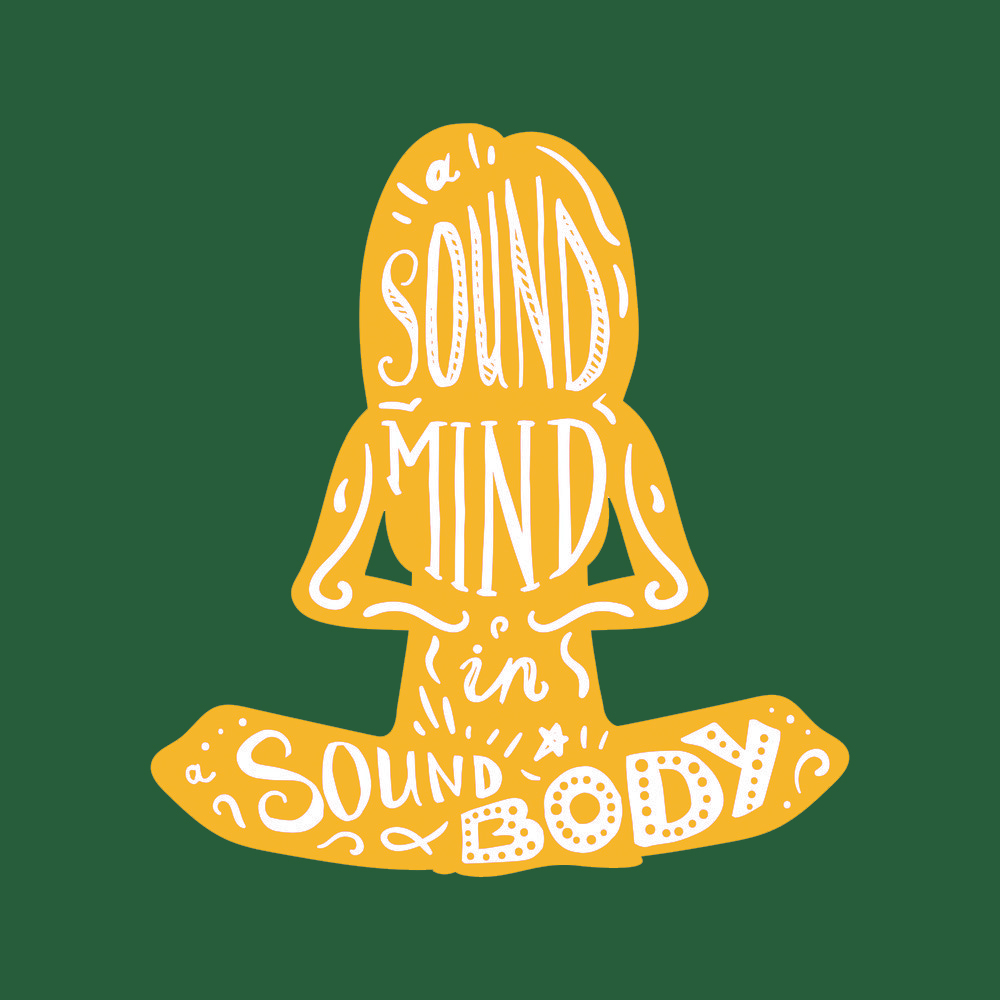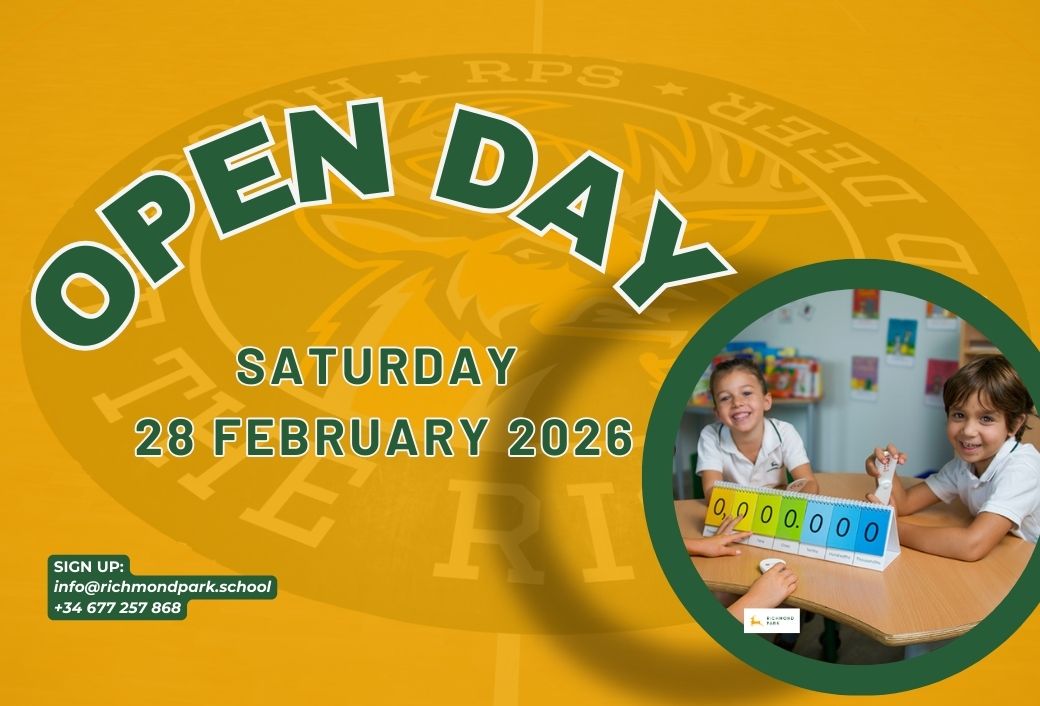
Dear Parents,
It almost goes without saying that, as leaders of Richmond Park School, one of our major responsibilities is to ensure our pupils reach the highest possible academic levels and possess the knowledge, understanding and skills to succeed in the future. We shall support them, especially through our staff, to fulfil their academic attainment, finally expressed in examination results. In parallel, we have the vital obligation to guide and influence each individual’s personal development. We must not- and will not- divide these two aims; they intertwine, interact, and are mutually supportive.
In our school, we shall focus tightly on the pupils’ emotional intelligence and nurture such personal qualities as resilience, perseverance, self- worth, self-regulation, integrity, compassion and empathy. Generally, these attributes are not innate, they need be acquired through education. Children and young adults are already facing a far more complex, frenetic, and threatening world and mental health issues are increasing rapidly. Over half of mental health disorders appear before the age of 14 and, according to UK mental health authorities, at least one in eight children and young people have a diagnosable condition. We do not wish to spread doom and gloom, but we cannot ignore these issues. We must be proactive, protective, caring and effective.
Richmond Park School’s curriculum in all stages contains content that helps pupils to understand and put into practice these crucial values, attitudes and beliefs. It is not the property of one department or section; everyone must play their part. In every subject or curriculum area, teachers and assistants make a crucial contribution, both in what and how they teach. Asking thoughtful questions leads to high level thinking, listening to all pupils gives them a true voice, clear feedback defines the next steps in learning, and learning approaches incorporating Gardner’s theory of multiple intelligences shows children they can succeed in different ways. As well, our personal, social, health education programme (PSHE) has a clear impact, as do our assemblies, circle time, and special events. The co-curriculum, especially sustainability, has a very positive influence on personal development during school life and beyond into adulthood, work environments, and parenthood.
Dedicating time and energy altruistically to good causes evokes positive feelings which lead to positive actions. In addition, as a sports centre, we emphasise greatly the contribution sport makes to everyone’s development: the ancient belief in ` healthy body, healthy mind ‘, competition, acquiring leadership and strategic skills, responding to winning and losing( not just in sport, but life itself).
In the end, the most powerful impact on personal growth emerges from the school’s culture, its daily way of life. In everything we think, feel and do we must have the same expectations and standards and provide a model for pupils to follow. A telling example is mindfulness, with its ancient roots and wisdom, which illustrates and practises school values such as kindness, tolerance, patience, open mindedness and tranquillity. Similarly, if everyone possesses a ` growth mindset’, pupils can become capable of far more than they ever thought possible.
Our success in all these aspects of education depends largely on the staff. As leaders, we are committed to responding to their own needs, ensuring their own well being, supporting and advising them, and providing all the necessary training. If we retain and help develop our staff, the school will itself improve continuously.
All of us want to feel fulfilled, happy, cared for, and appreciated. Our pupils need to feel that way too. If they have, in every way, a sense of pleasure and hope, they will attain so much, and that attainment will bring greater personal achievement. Sharing learning is sharing joy.
Directors of Education
